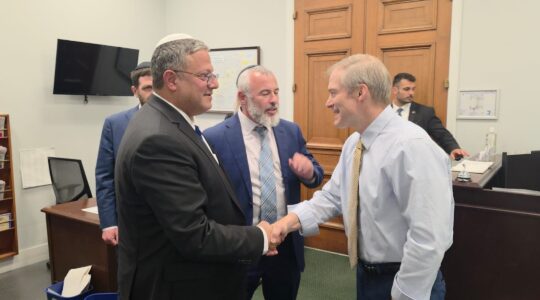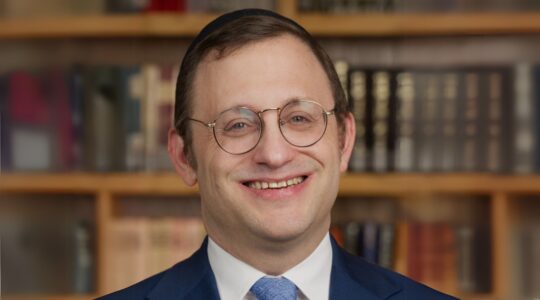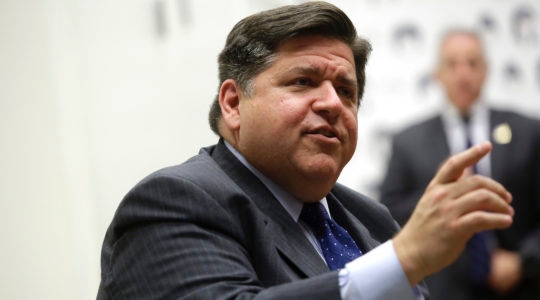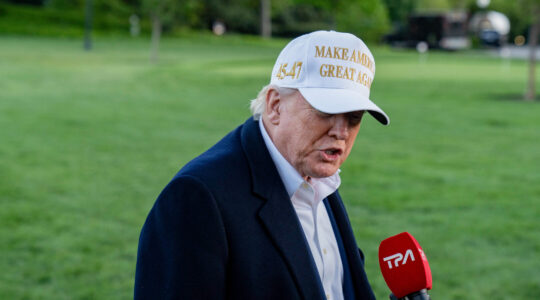NEW YORK (JTA) — The National Council of Young Israel voted to eliminate a rule barring member synagogues from withdrawing from the franchise.
The rule became a subject of controversy two years ago when the National Council considered expelling a synagogue in Syracuse, N.Y., that was said to owe some $20,000 in unpaid dues to the national organization. The move was seen as a possible precursor to legal action to seize the shul’s assets, causing alarm among member synagogues.
The Syracuse synagogue ended up dropping the Young Israel moniker and becoming Shaarei Torah Orthodox Congregation, and the National Council gave up its efforts to enforce the provision. But existing and prospective synagogues remained concerned that the National Council’s constitution gave it the power to seize their assets if they ever tried to quit the Orthodox synagogue umbrella group.
“It deterred possible new members, and yet if someone left, the National Council was not able to enforce it, and it upset people, so it had three terrible consequences to it,” Farley Weiss, the president of the National Council, told JTA.
This week’s vote to drop the provision from its constitution passed with overwhelming support.
“Now, synagogues can join without the fear that once they join they can never leave,” said Farley, who last November became the organization’s first president from outside the New York metropolitan area. He lives in Phoenix and works as a trademark lawyer.
Some 200 Orthodox synagogues worldwide carry the name Young Israel, including more than 140 in the United States, 50 in Israel and a handful in Canada. The Israeli synagogues are affiliated with the National Council but are not under its control.
Farley said the rule about quitting was the organization’s most controversial issue and that other contentious issues would come up for review this year. Among them will be the organization’s position on what to do about synagogues that want to hire rabbis whose only ordination is from Yeshivat Chovevei Torah, a liberal and pastoral-focused Modern Orthodox rabbinical school founded by Rabbi Avi Weiss of New York.
“Within the year we’ll have a more clear position on it,” Farley said.
There are no plans to change the organization’s rule against allowing women to be synagogue presidents, which Farley said follows the religious edicts of Rabbis Moshe Feinstein and Joseph Soloveitchik, two luminaries who guided Modern Orthodox American Judaism in the 20th century.
The National Council also is looking to hire a new executive director to fill the vacancy left by the departure of Rabbi Pesach Lerner in early 2012.
JTA has documented Jewish history in real-time for over a century. Keep our journalism strong by joining us in supporting independent, award-winning reporting.





